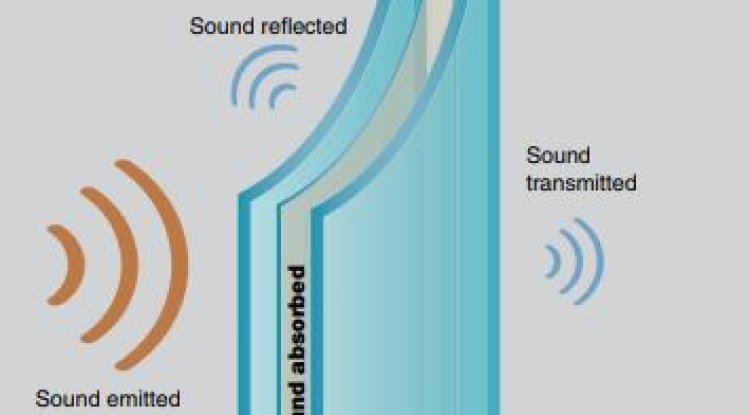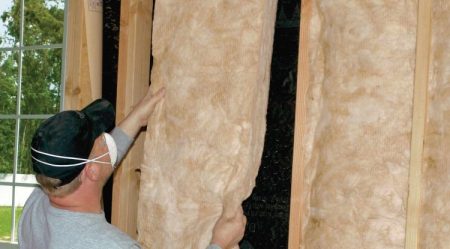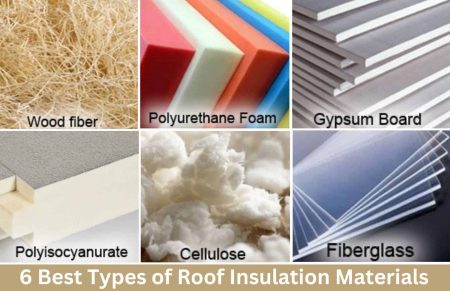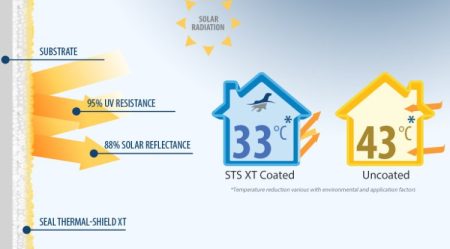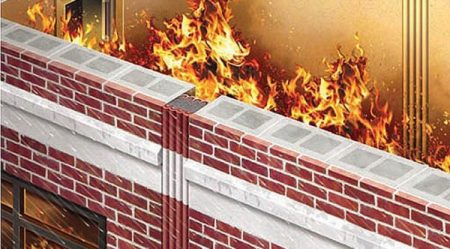Noise Control and Energy Efficiency in Roof Systems
The roof is an essential component of any building, providing protection from the elements. However, it also plays a significant role in controlling noise levels and improving energy efficiency. In this article, we will explore the importance of noise control and energy efficiency in roof systems and discuss practical strategies to achieve optimal results.
Contents
Understanding the Impact of Noise Control and Energy Efficiency
-
Creating a Quiet Environment
A well-designed roof system with effective noise control measures helps create a peaceful and quiet environment inside the building. It minimizes the intrusion of external noise, ensuring a comfortable living or working space.
-
Enhancing Comfort and Productivity
Noise pollution can negatively impact our well-being and productivity. By implementing proper noise control measures in roof systems, we can reduce distractions, enhance concentration, and improve overall comfort and productivity levels.
-
Promoting Energy Efficiency
Roof systems that prioritize energy efficiency contribute to sustainable living and cost savings. Proper insulation and ventilation techniques reduce heat loss in winter and heat gain in summer, leading to decreased energy consumption and lower utility bills.
Practical Strategies for Noise Control and Energy Efficiency
-
Insulation and Soundproofing Materials
Insulating the roof with high-quality materials such as fiberglass or mineral wool not only enhances energy efficiency but also helps reduce noise transmission. These materials absorb sound vibrations, preventing them from penetrating the interior space.
-
Soundproofing Underlayment
Install soundproofing underlayment between the roof deck and the roofing materials. This additional layer acts as a barrier, reducing the impact of airborne noise and providing better acoustic insulation.
-
Sealant and Weatherstripping
Properly seal any gaps, cracks, or joints in the roof system using acoustic sealants and weatherstripping. This step prevents air leaks and sound penetration, improving both noise control and energy efficiency.
-
Ventilation Systems
Implementing effective ventilation systems in the roof design helps regulate temperature and humidity levels. Proper ventilation reduces the risk of condensation, mold growth, and associated noise issues.
-
Reflective Roofing Materials
Choose reflective roofing materials with high solar reflectance to reduce heat absorption from the sun. This minimizes the need for excessive air conditioning and helps maintain a comfortable indoor environment.
-
Regular Maintenance
Conduct regular inspections and maintenance of the roof system to identify and address any potential issues promptly. Maintaining the integrity of the roof ensures optimal noise control and energy efficiency in the long run.
Frequently Asked Questions (FAQs)
1. Can noise control measures be added to an existing roof system? Yes, various noise control solutions can be retrofitted to an existing roof system. Consulting with professionals can help determine the most suitable options for your specific situation.
2. How does roof insulation contribute to energy efficiency? Proper insulation reduces heat transfer between the interior and exterior of a building. It helps maintain a consistent indoor temperature, reducing the need for excessive heating or cooling and resulting in energy savings.
3. Are there eco-friendly options available for noise control and energy efficiency in roof systems? Yes, eco-friendly options include using sustainable insulation materials, such as recycled denim or cellulose insulation, and installing green roofs that provide additional insulation and energy-saving benefits.
4. Can noise control measures also improve indoor air quality? Yes, effective noise control measures often involve sealing gaps and cracks, which can also contribute to better indoor air quality by preventing the entry of dust, pollutants, and allergens.
5. How long does a typical roof system last? The lifespan of a roof system depends on various factors, such as the materials used, installation quality, and maintenance. Generally, a well-maintained roof can last between 20 to 50 years or even longer, depending on the type of roofing.
Remember, implementing noise control measures and energy-efficient strategies in your roof system not only enhances your quality of life but also contributes to a sustainable and comfortable living environment.

